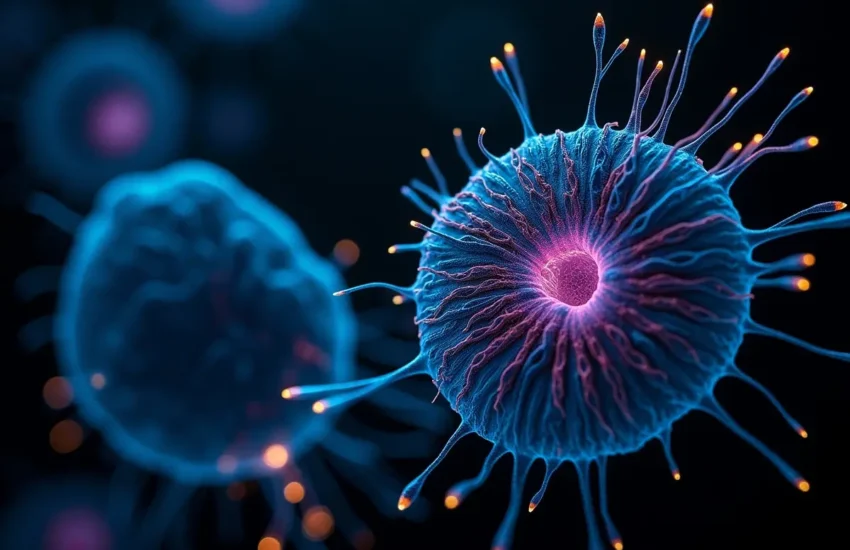Holistic Approaches to Modern Drug Addiction Recovery
As the landscape of drug addiction recovery evolves, more individuals and treatment centers are embracing holistic methods that address not only the symptoms of addiction but also the underlying causes that affect the mind, body, and spirit. These approaches view recovery as a multifaceted journey, promoting long-lasting healing and resilience. For those seeking a more comprehensive pathway to rehabilitation, there are drug treatment Philadelphia services that offer programs that blend modern science with holistic healing principles.
Unlike conventional recovery approaches, which are limited to detoxification and behavioral therapy, holistic methods introduce practices such as mindfulness, nutritional care, and individualized wellness planning. By treating the person as a whole rather than focusing solely on substance use, holistic recovery can foster healthier lifestyles and improved emotional stability over the long term.
Combining evidence-based therapy with whole-person care allows for the exploration of new tools, such as mobile apps and wearables, that extend support beyond traditional treatment settings. Recovery is no longer confined to the counseling room—today, digital recovery aids can help monitor triggers and encourage healthy daily routines. These resources help empower individuals to remain connected to their goals, even outside of structured sessions.
Collaboration with healthcare providers ensures every individual’s unique needs are met, reinforcing the resilience needed for long-term sobriety. For a deeper understanding of how holistic wellness supports overall health during addiction recovery, major organizations such as Mayo Clinic provide foundational insights into integrative approaches for behavioral health.

Mindfulness and Meditation
Mindfulness and meditation practices are transformative in addiction recovery, helping to rewire habitual responses and calm the mind. Through practices such as deep-breathing exercises, guided imagery, and mindful movement, individuals learn to observe cravings and triggers without reacting impulsively.
This nonjudgmental awareness significantly reduces the intensity of urges and provides vital tools for managing stress and discomfort throughout the recovery process. Evidence from Harvard Medical School suggests mindfulness can be especially effective in supporting patients through emotional ups and downs.
Yoga and Physical Exercise
Physical activity, particularly yoga, introduces essential balance, discipline, and improved self-awareness in addiction recovery. Yoga merges mindful breathing with movement, relieving tension and reducing stress hormones that can exacerbate cravings.
Regular exercise—whether yoga, walking, or swimming—boosts the release of endorphins, providing natural mood relief and renewed energy. It also addresses sleep irregularities and physical health issues that are common during withdrawal and early recovery. Integrating movement into daily routines helps transform negative behaviors into positive and purposeful action.
Nutritional Therapy
Nutrition plays a pivotal role in restoring health post-addiction, as substances often leave the body depleted and unbalanced. Nutritional therapy involves identifying deficiencies, establishing a balanced diet, and, where needed, supplementing with vitamins and minerals.
Eating more whole foods—vegetables, lean proteins, and healthy fats—helps repair tissues, stabilize mood, and strengthen immune defenses. Research published by the National Institutes of Health highlights the benefits of dietary changes in enhancing both mental and physical recovery, enabling individuals to regain strength and resilience.
Integrating Holistic Practices with Traditional Treatments
The synergy of holistic and traditional approaches fosters a therapeutic environment that prioritizes whole-person healing. For example, a comprehensive recovery program might combine individual counseling, group support, supervised detox, and holistic services such as acupuncture, nutritional planning, and mindfulness workshops.
This integration enables patients to access a range of tools tailored to their individual needs, fostering resilience and providing additional avenues for managing cravings or setbacks. Treatment practitioners trained in multi-disciplinary care help coordinate these services, ensuring continuity and consistency during each stage of recovery.
Personalized Recovery Plans
Recovery is deeply personal, and the most successful programs tailor plans to fit the specific circumstances and goals of each participant. Using comprehensive assessments and data-driven insights, clinicians and holistic health experts design strategies that address medical, psychological, and lifestyle factors.
Personalized plans may incorporate relapse prevention, family education, emotional health therapy, and ongoing goal-setting. This responsive model adapts to changing needs throughout the recovery journey, increasing engagement and efficacy.
Digital Recovery Tools
Technology has revolutionized support networks in addiction recovery. Mobile applications enable daily check-ins, medication reminders, and access to peer support at any hour. Wearable devices detect stress patterns and prompt healthy interventions, such as practicing mindfulness or connecting with a sponsor.
Online communities and telehealth counseling remove barriers to care, creating an ongoing safety net for vulnerable moments. As technology evolves, it enables holistic recovery to be sustained anytime and anywhere, significantly reducing the risk of isolation or relapse.
Conclusion
Holistic addiction recovery goes beyond managing symptoms by cultivating lasting wellness in mind, body, and spirit. By integrating practices such as meditation, yoga, nutrition, and personalized care plans with traditional medical support, individuals gain effective tools for powerful and enduring healing.
Digital resources further expand access to support and guidance, anchoring recovery in the fabric of everyday life. These comprehensive strategies ensure the journey to sobriety is both deeply personal and profoundly supported, paving the way to a balanced and fulfilling future.


